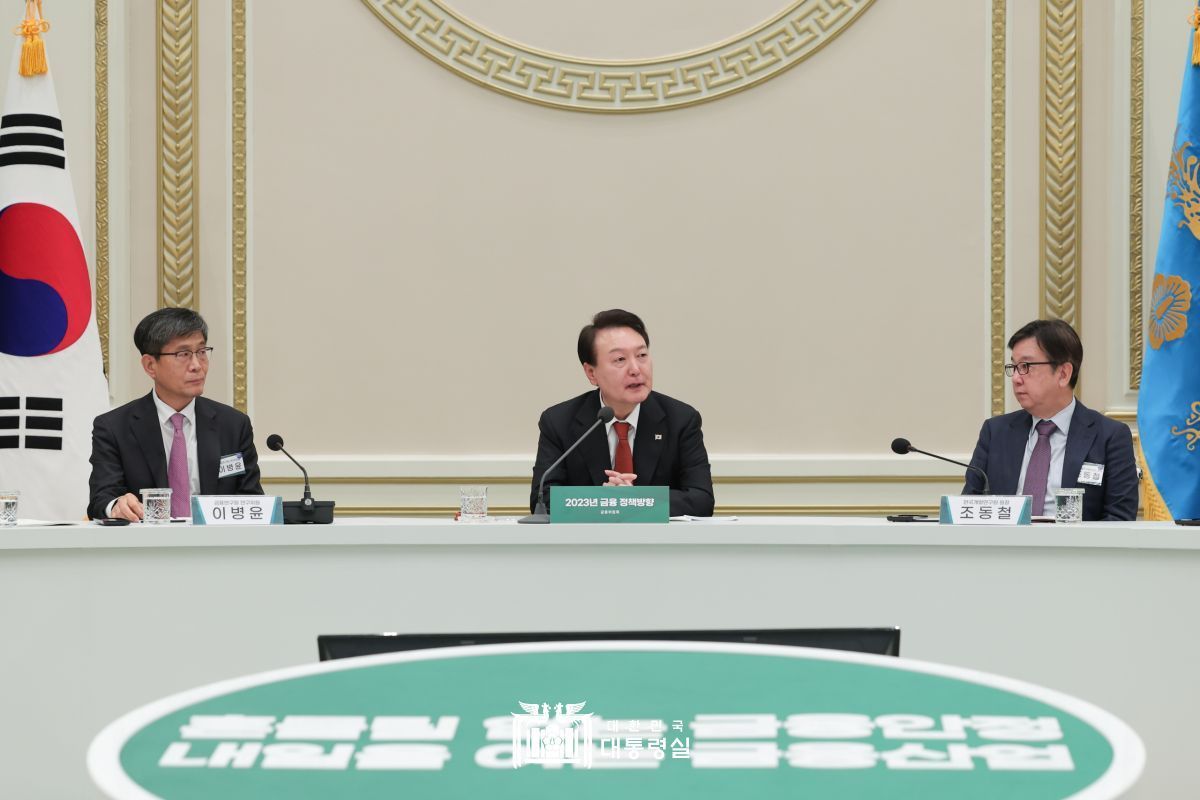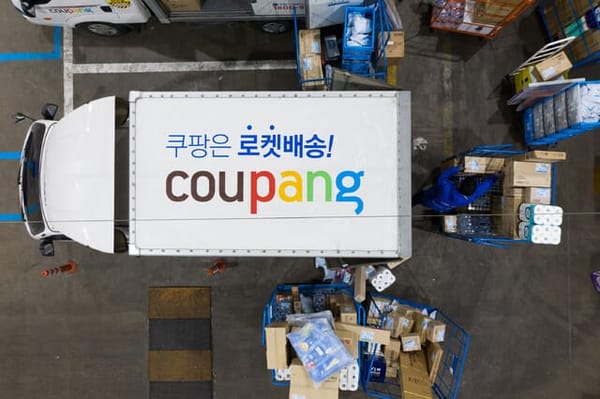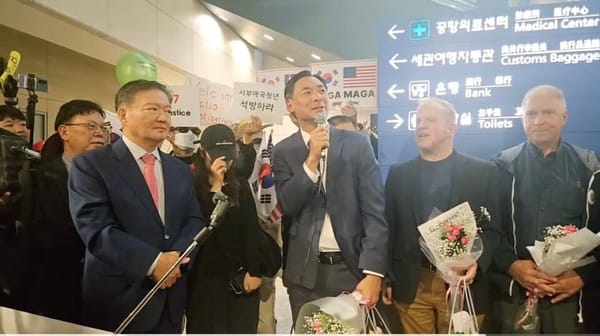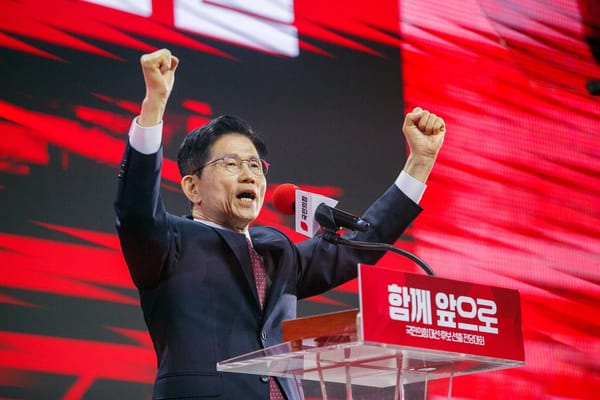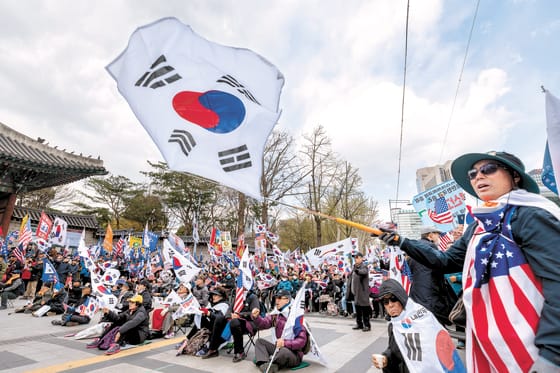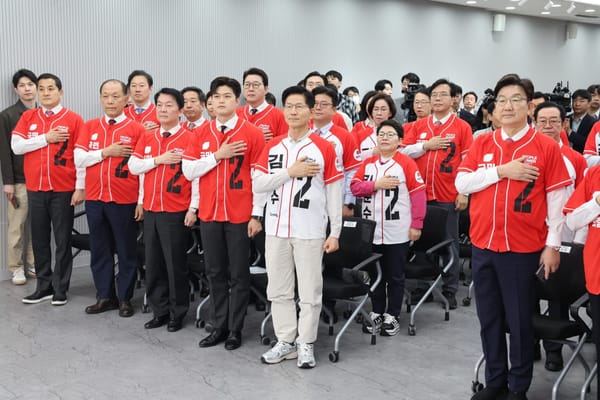Photo: President Yoon Suk-yeol (center) at a meeting with the Financial Services Commission. Credit: Office of the President.
As a presidential candidate, Yoon Suk-yeol 윤석열 struck a libertarian note on economic issues, often citing Milton Friedman and Ludwig von Mises as his chief inspirations. His proposals, which included a 120-hour work week and relaxing food hygiene regulations “to allow poor people to choose cheaper and lower quality food,” were controversial, but nevertheless consistent with the libertarian aim of minimizing governmental intervention and letting the “invisible hand” steer the economy.
But as South Korea’s struggling economy is beginning to affect his support, Yoon’s has interfered in the economy with a more visible hand. On February 13, the Office of the President 대통령실 criticized the banks’ “easy interest rate business” that generated “excessive profit,” as higher interest rates threaten South Korea’s highly leveraged real estate market. (See previous coverage, “The Triple Quandary.”) When high heating bills shocked the public, the Yoon administration rushed to stop further increases while also demanding that telecommunication companies stop raising cell phone rates. (See previous coverage, “The Heating Bill Bomb.”)
Apparent hypocrisy notwithstanding, Yoon’s moves can be justified as attempts to protect the public in a belated recognition of the government’s role in a democracy. The Yoon administration’s other interventions, however, are more suspect. Since the beginning of this year, some of South Korea’s largest banks - including Shinhan Financial Group 신한금융, NH Nonghyup Financial Group NH농협금융, Woori Financial Group 우리금융 and BNK Financial Group BNK금융 - replaced their CEOs, often in response to overt threats from the Yoon administration’s financial regulators.
The government has justified its pressure campaign against banks by appealing to accountability. All four of the banks had CEOs who already served multiple terms, rubber-stamped by compliant boards of directors without considering shareholder interests. The government’s argument might have been more credible if most of the new CEOs were not closely affiliated with Yoon.
Bin Dae-in 빈대인, the newly appointed CEO of BNK, previously sought to run for office on the People Power Party 국민의힘 ticket in the June 2022 Local Elections 지방선거. NH Nonghyup’s new CEO Lee Seok-jun 이석준 was the senior economic advisor to Yoon’s presidential campaign. Woori’s new CEO Im Jong-ryong 임종룡 was also an economic advisor to Yoon’s campaign, and was shortlisted for the post of prime minister 국무총리.


